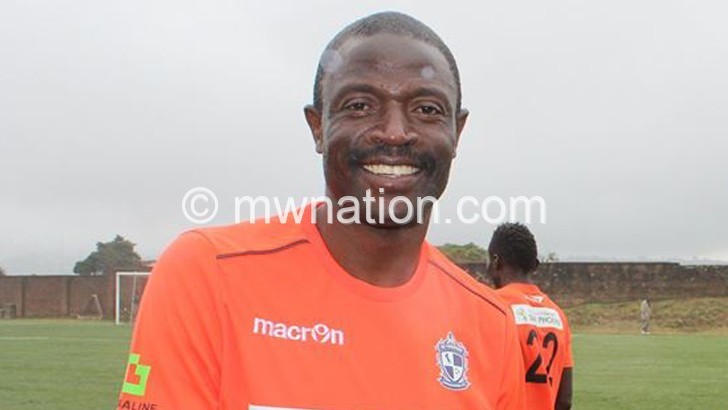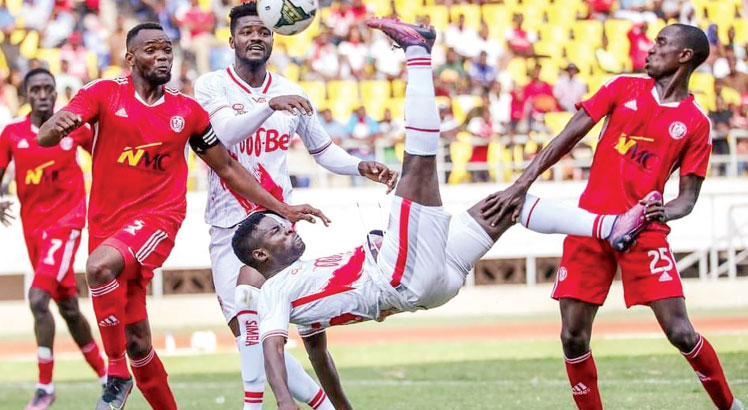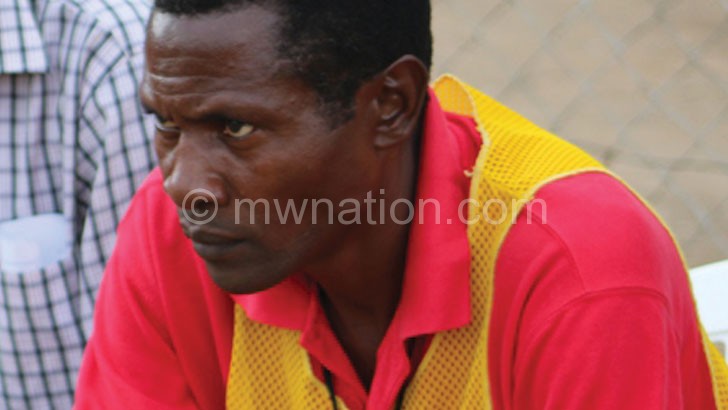Clubs ignore mandatory players’ medical tests
Amid the ongoing flurry of player transfers, some football teams are signing new players without the mandatory pre-transfer medical tests, thereby risking their financial investment as well as players’ careers and health.
The current transfer window, which opened early this month, has seen about 11 players switching clubs.

However, Weekend Nation investigation has established that in almost all the deals, there is no evidence that any of the players went through medical tests.
Football Association of Malawi (FAM) transfer matching system (TMS) and club licensing manager Casper Jangale said they are also concerned that clubs are ignoring such a vital process.
“A medical test is important but what we have observed so far, especially during this transfer window, is that clubs are in a hurry to sign players, thereby ignoring medical tests.
“We need to start operating in a professional manner if football is to develop and clubs must make it a priority to know the health status of the players they are signing,” he said.
Be Forward Wanderers recent top signings—Esau Kanyenda and Blessings Tembo—are some of the players who confirmed not to have undergone medical tests.
Silver Strikers new signings—Jack Chiona, Mphatso Philiemon and Lazarus Nyemera—are also yet to undergo medical tests.
Kanyenda, who played professional football at top level for almost 15 years in Russia, South Africa and Denmark, confirmed signing for the Nomads without any medical and acknowledged the dangers of such practices.
“I know that a medical test is very important but I have to admit that when I signed for Wanderers I did not undergo it. I do not think clubs in Malawi take that seriously. But looking at the tragedies that have been occurring on the field in other countries, its high time local clubs started making it a priority,” he said.
Kanyenda was referring to Marc-Vivien Foe and Phil O’Donnell who succumbed to undiagnosed heart problems and died while on the pitch.
Another player to have a heart attack on the field was Fabrice Muamba. The former Bolton Wanderers player was lucky enough to survive.
Silver general secretary (GS) Thabo Chakaka-Nyirenda admitted that because of competition on the market, they rushed to sign the players without conducting medical tests.
“It is not that we are ignorant of the importance of a medical tests but there is too much competition on the market and we had to rush to sign our targets without undergoing medical checks. But it is something that we will still do despite already spending money on them. It is a risk we took,” he said.
A medical test in football involves checking the heart status to determine health related issues, magnetic resonance imaging (MRI) scans to diagnose a variety of conditions from torn ligaments to tumours. MRI scans are used to examine the brain and spinal cord.
The medical check is also about musculoskeletal stability. This helps determine if a player has problems with his hamstrings or quads which is a common aliment for a footballer.
Super League of Malawi (Sulom) also concurred with Kanyenda on the importance of a medical test.
“The importance of a medical test cannot be over emphasised. In fact, it is one of the clubs licensing requirements. It is unfortunate that clubs are ignoring this important aspect. In case of tragedy or injury, it is the clubs themselves that will lose out,” said Sulom president Innocent Bottomani.
However, he could not say how Sulom will work towards enforcing the exercise.
“Clubs should take responsibility because it is them who will suffer consequences in case of injury or tragedy on the pitch. Clubs should start valuing their players and treating them as an asset,” said Bottomani.





